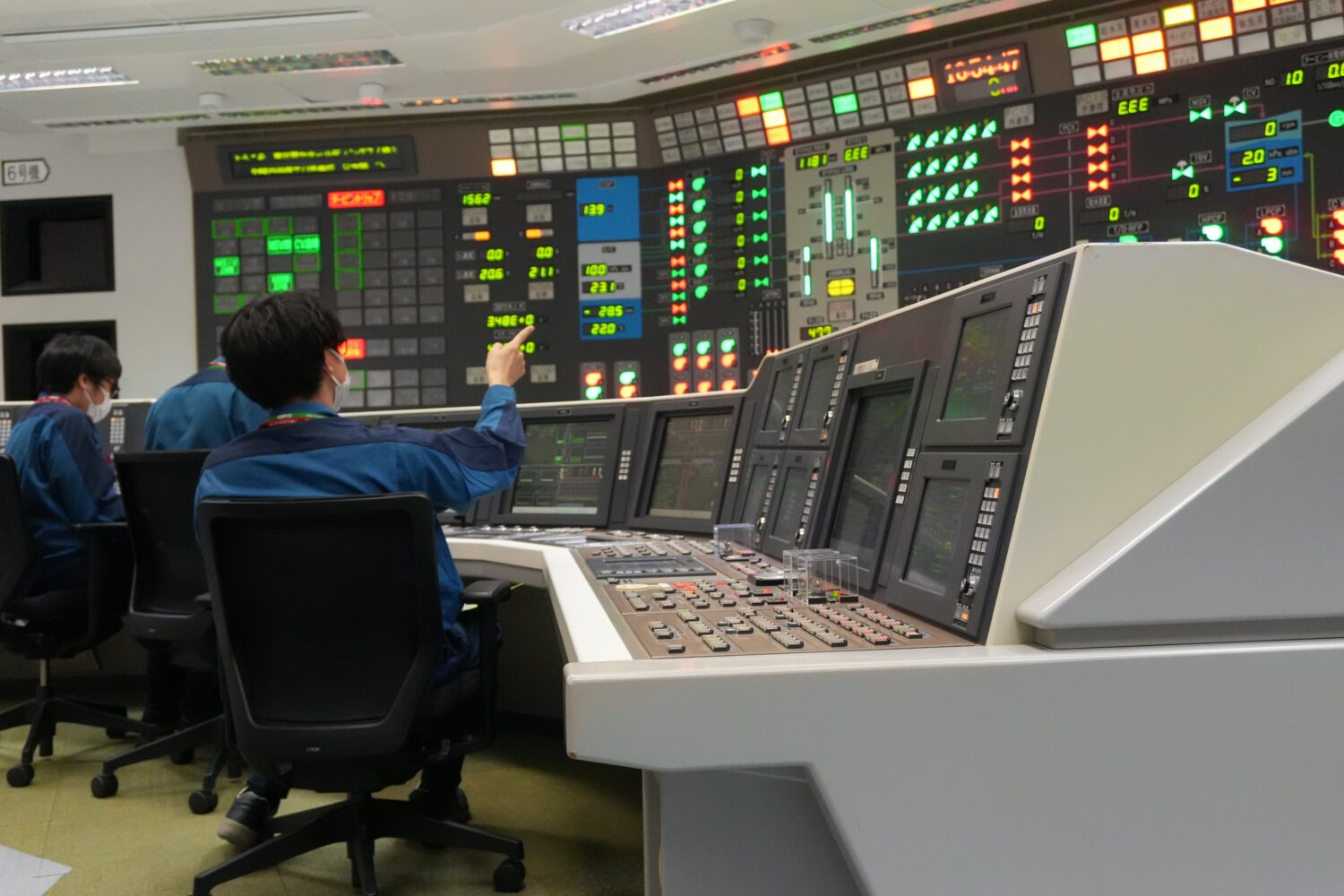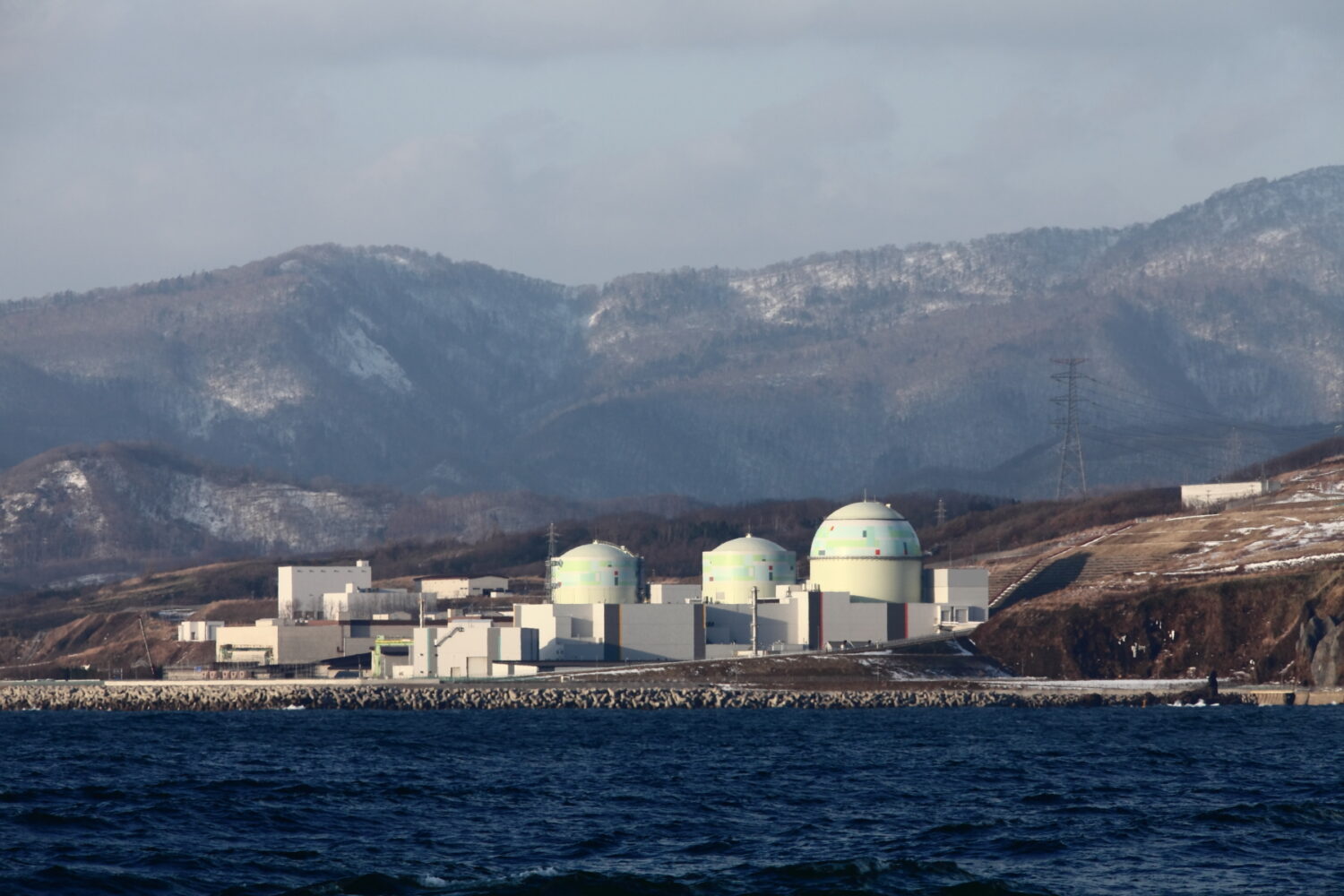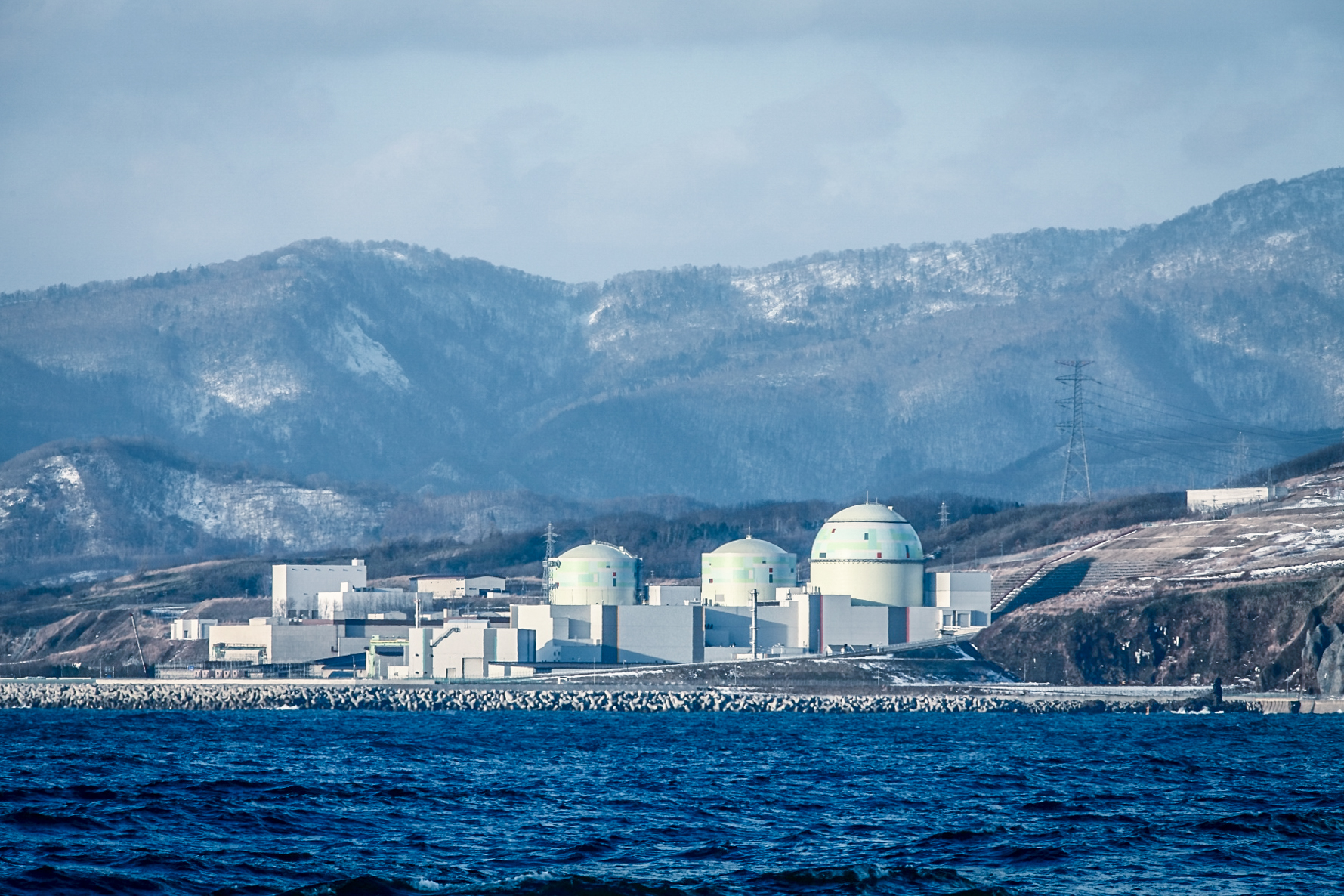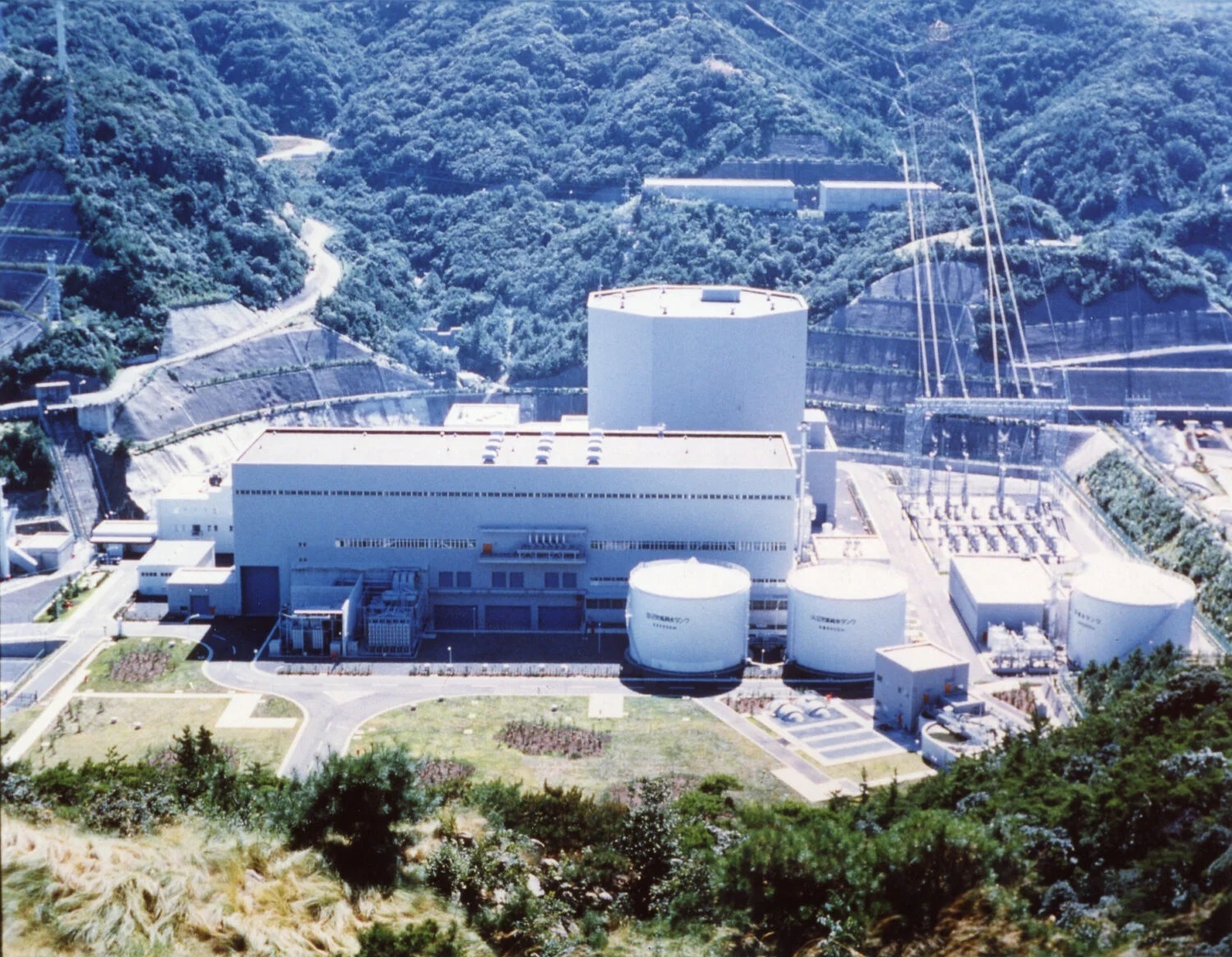NRA commissioner ISHIWATARI Akira, who is responsible for examinations in regard to earthquakes and tsunami, wrote in an opinion that he objected to the proposal as it was not a change that “could improve safety.” The matter will be discussed again at a meeting next week.
Japan’s Law for the Regulation of Nuclear Source Material, Nuclear Fuel Material and Reactors (the Reactor Regulation Law), as revised in the wake of the giant earthquake of March 11, 2011, provides that a power reactor may be operated for forty years, with a single extension of up to sixty years upon approval by the NRA.
In the proposed new system currently under deliberation, however, the “40+20” approach would be replaced by one wherein a reactor would be inspected for the safety of its continued operation every ten years after hitting the 30-year mark. That is, the current rule of “40 years, up to 60 years” would be deleted from the law.
In addition, the calculations of an NPP’s operating lifetime would not include periods when the operation had been suspended due to reasons that the nuclear operators had not foreseen, including the introduction of new safety regulations, executive orders, recommendations, administrative guidance, etc., after the massive earthquake of March 2011. As a result of not including the suspension periods, then, operating lifetimes could effectively be extended beyond 60 years.
Since the earthquake, operators have been required to clear a safety examination by the NRA in order to restart an NPP. Some NPPs where safety examinations or safety measures work are ongoing have already been suspended for more than ten years.
Under the new system, an NPP that had been suspended for ten years could be operated for up to 70 years in total. The NRA would, as it does now, examine and decide whether an NPP could be operated or not. In the new system, the NRA would examine the safety of an NPP at its 30th year of operation and then repeat the examination every ten years.
In December 2022, all commissioners, including Commissioner Ishiwatari, approved the proposed new system. The proposal was then made open for public comments for one month.
NRA decisions are normally by a majority of the five commissioners. Disagreement among the commissioners is not rare. This time, Chairman YAMANAKA Shinsuke said he would not act on the basis of the majority, and that the matter would be discussed again next week.
It is said that Commissioner Ishiwatari’s expression of objection was to have a written record made of that opinion, and that he was likely satisfied that his remarks had been recorded in the minutes. Indeed, the chairman appeared to expect the matter to be settled next week.



-013.jpg)

-049.jpg)
.jpg)















